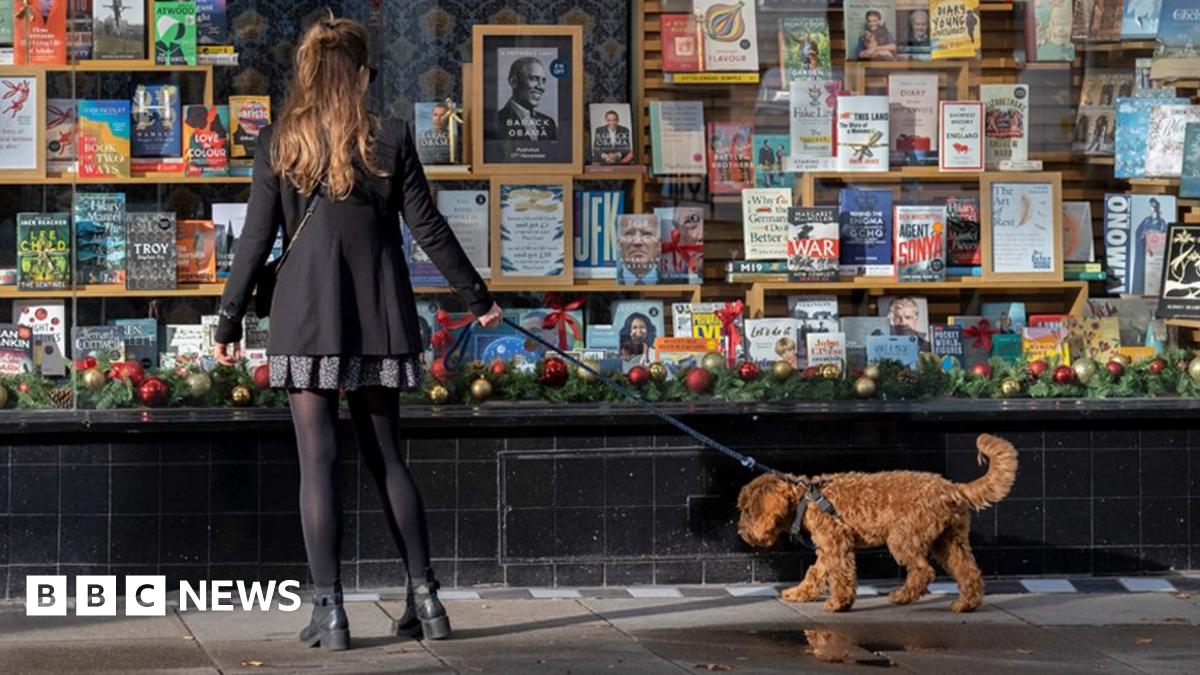While some shops and towns have fared better than others, the national picture is less rosy.
The figures for the final three months of 2024, which is usually the time of year when shoppers spend most, were also down on the same period last year by 2.5%.
“A drab December which saw fewer shoppers in all locations, capped a disappointing year for UK retail footfall,” said BRC chief executive Helen Dickinson.
The BRC has urged the government to reduce business rates, a tax on commercial buildings, to help retailers invest.
Retail experts pinned the drop on a combination of cost of living pressures, the continued rise of online shopping, and low consumer confidence.
Next week, big retailers will reveal how they have fared over the Christmas period, with Tesco, Sainsbury’s, Marks & Spencer, and Next all due to report after Lidl posted its results on Thursday.
“People are just being a lot more cautious about their spending,” said Catherine Shuttleworth, chief executive of Savvy Marketing.
She pinned the lack of consumer confidence on people “talking down the economy”. She also criticised decisions made in the Budget, such as the employer national insurance contribution rise.
A Treasury spokesperson told the BBC “a thriving retail sector plays a crucial role in growing the economy and features at the heart of our communities”, adding it had introduced a 40% business rates relief next year and will cut rates “permanently” from 2026.
Russ Mould, investment director at AJ Bell, said things could improve for the retail sector in the year ahead if inflation and interest rates fall while the economy improves.
“You can construct a more optimistic narrative for 2025,” he said.

